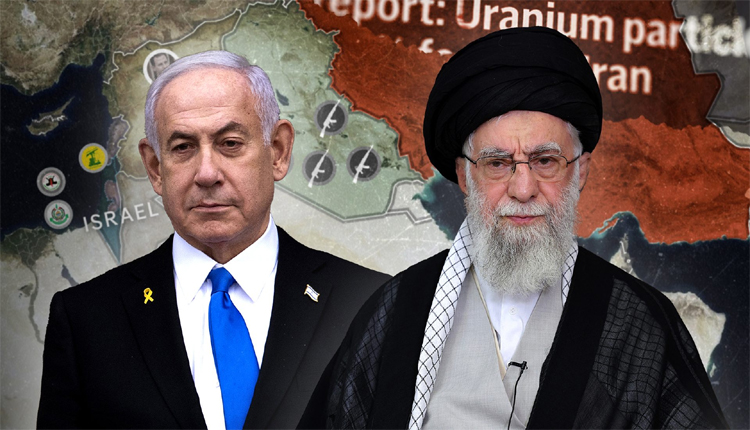New Delhi: The Iran-Israel confrontation is a tightrope being walked by two of the largest Gulf states, Jordan and Saudi Arabia, which are publicly critical of the Israeli action but privately help it defend itself; this dual approach is influenced by both geopolitical trends and the sensitivity of domestic opinion, reports showed June 22, 2025.
The war worsened on June 21, when Iran fired 40 of its ballistic missiles at Israel in retaliation for American and Israeli attacks on its nuclear installations in Fordow, Natanz, and Isfahan. Multiple missiles fired by the Iranian military were intercepted by the Royal Air Force in Jordan on the grounds of self-defence to ensure endangered populated areas, whereas sources cited by The Wall Street Journal allege Saudi Arabia allowed Israeli warplanes to fly in its airspace in the north. However, both counties issued a joint declaration with 21 other countries dominated by Muslims that condemned the heinous Israeli attacks since they violated the sovereignty of Iran.
Basing its operations on the protection of national security, the government of Jordan, risking the military relations with the U.S. (an agreement that was signed in 2021), explained its actions with the need to protect national security. “We were intercepting missiles to defend our citizens, not to defend Israel,” Foreign Minister Ayman Safadi said to Al-Mamlaka TV, as the country faced criticism for pro-Israeli collaborations. German analyst Stefan Lukas of the Middle East Minds told DW that with the United States being the leading provider of aid to Jordan—$1.5 billion per year—it limits the kingdom to taking a full position against Israel, and thus it has a veiled approach to please its 20 per cent Palestinian population.
According to Reuters, Saudi Arabia gave radar information and surveillance to keep track of Iranian missiles, yet it referred to Iran as a brotherly nation in its condemnation. Lukas observed that Riyadh’s decades of alignment with the U.S. in security matters, combined with its competition with Iran, is the key factor driving its covert cooperation. He stated that while Saudi Arabia cannot afford to lose Washington’s favour, the prevailing sentiment in the country is in favour of taking an anti-Israeli stance. The interest of the kingdom in fighting Tehran is emphasised by its involvement in the 2019 Abqaiq-Khurais drone attack carried out by Iranian-backed forces that interfered with 5.7 million barrels of crude oil production per day.
The Gulf’s two-pronged policy represents a regional dilemma. With an opinionated population and requirements for strategy, said Oraib Al Rantawi of the Jordan Centre for Political Studies, the countries of Jordan and Saudi Arabia are caught between. Social media reactions on platform X were mixed; half of the users believed that its defence of airspace against Jordan’s attempted intrusion was commendable, while the other half accused it of betraying Muslim solidarity.



Comments are closed.